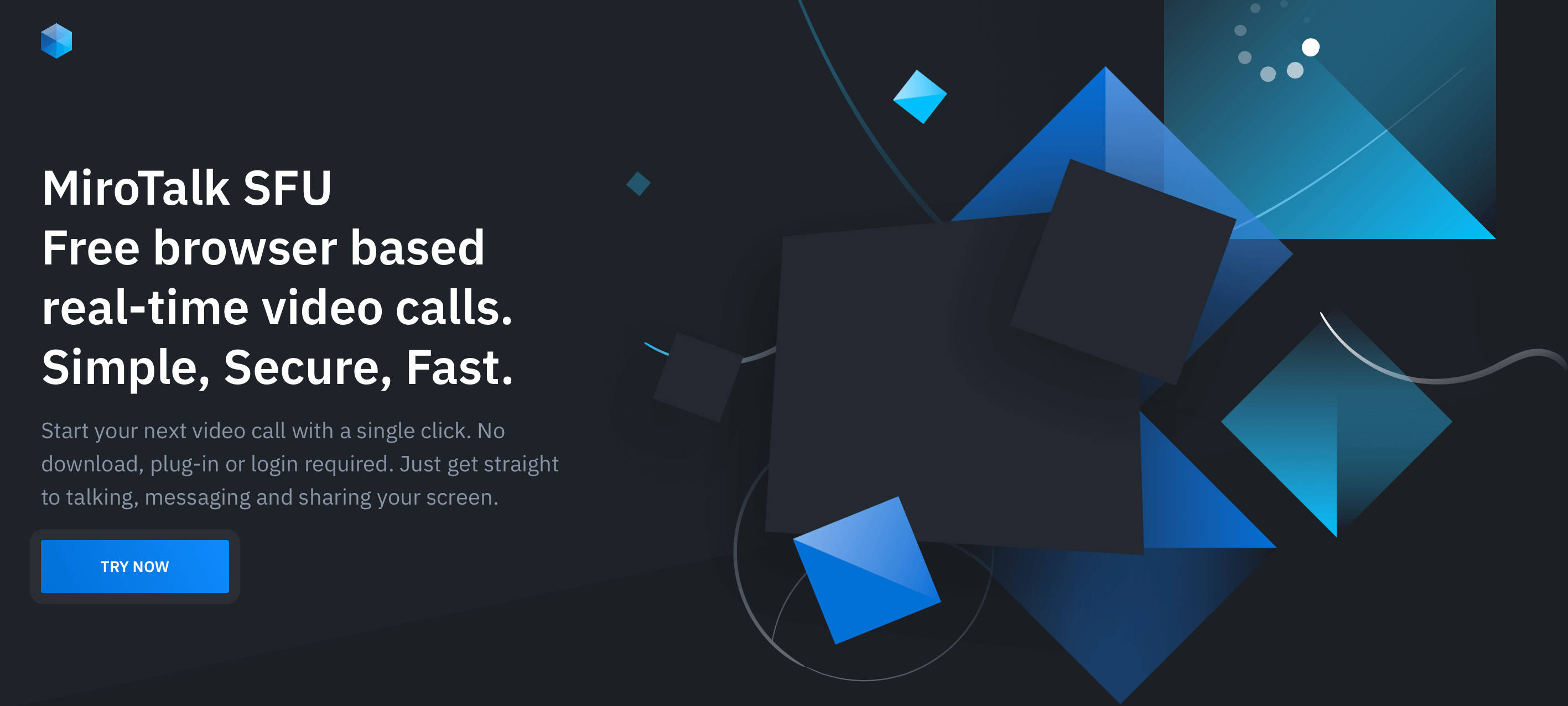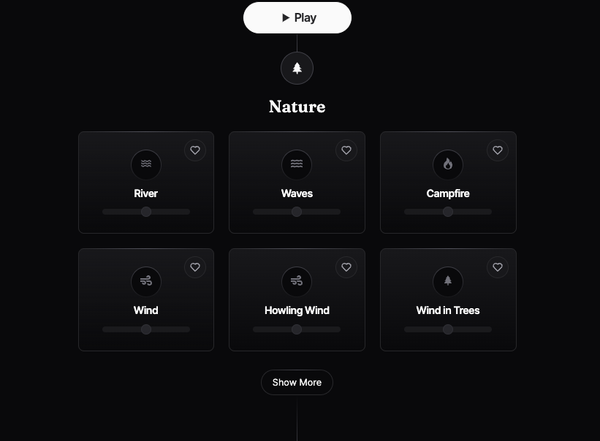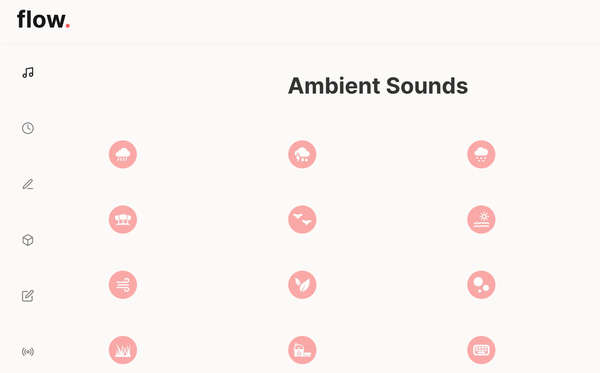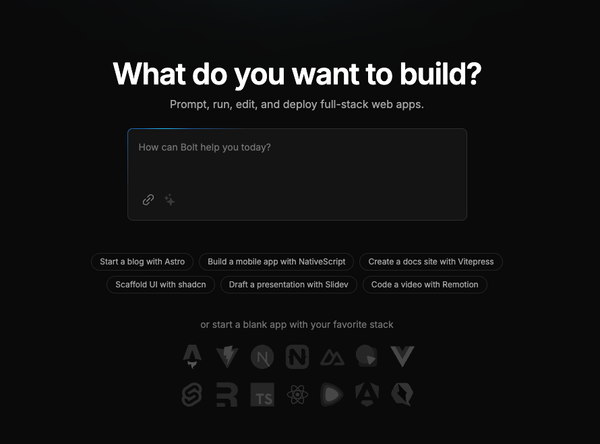MiroTalk SFU: Open-source Self-hosted Real-time Video Conferencing Platform
Table of Content
MiroTalk SFU is an innovative and highly versatile solution for all your video conferencing needs. With its powerful open-source architecture, you can easily host and manage your own web-based video conferences, without having to worry about the hassle and expense of relying on third-party services.
The system is designed to be simple, secure, and scalable, MiroTalk SFU provides a seamless real-time conferencing experience, with support for resolutions up to 4k and compatibility with all major browsers and platforms.
Whether you're looking to connect with colleagues, clients, or customers, MiroTalk SFU has everything you need to make your video conferences a success.
Features
- Is
100% Free-Open Source-Self Hostedand PWA! - No download, plug-in, or login required, entirely browser-based.
- Unlimited number of conference rooms, without call time limitation.
- Desktop and Mobile compatible.
- Screen sharing
- WebCam streaming
- Meeting records
- Translated in 133 languages.
- Optimized Room URL Sharing for mobile.
- Possibility to Password protect the Room for the meeting.
- Lobby mode lets you protect your meeting by only allowing people to enter after a formal approval by a moderator.
- Webcam Streaming up to 4K quality (Front - Rear for mobile).
- Echo cancellation and noise suppression that makes your audio crystal clear.
- Screen Sharing to present documents, slides, and more ...
- File Sharing (with drag-and-drop), share any files to your participants in the room.
- Collaborative Whiteboard
- Take a snapshot from the video frame (screen/cam) to save it as an image on your device.
- Chat with Emoji Picker to show your feeling, private messages, Markdown support, possibility to Save the conversations, and many more.
- ChatGPT (openAI), designed to answer users' questions, provide relevant information, and connect them with relevant resources.
- Speech recognition, execute the app features simply with your voice.
- Advance collaborative whiteboard for the teachers.
- Select Microphone - Speaker and Video source.
- Recording your Screen, Audio, or Video.
- Share any YouTube video in real-time to your participants.
- Share any mp4, webm, ogg video in real-time to your participants with possibility to download it.
- File sharing
- Full-Screen Mode on mouse click on the Video element, Zoom In/Out on video mouse wheel.
- Possibility to Change UI Themes.
- Possibility to protect your Host with username and password (default disabled).
- Supports REST API (Application Programming Interface).
- Slack API integration.
- Sentry for error reporting.
- Embedded meetings
- Secure: Secure Real-time Transport Protocol (SRTP).
Deployment options
- Self-hosted
- Docker and Docker-compose
- Ngrok
- Hetzner
Tech
- JavaScript
License
- GPL3.0 License
Resources














